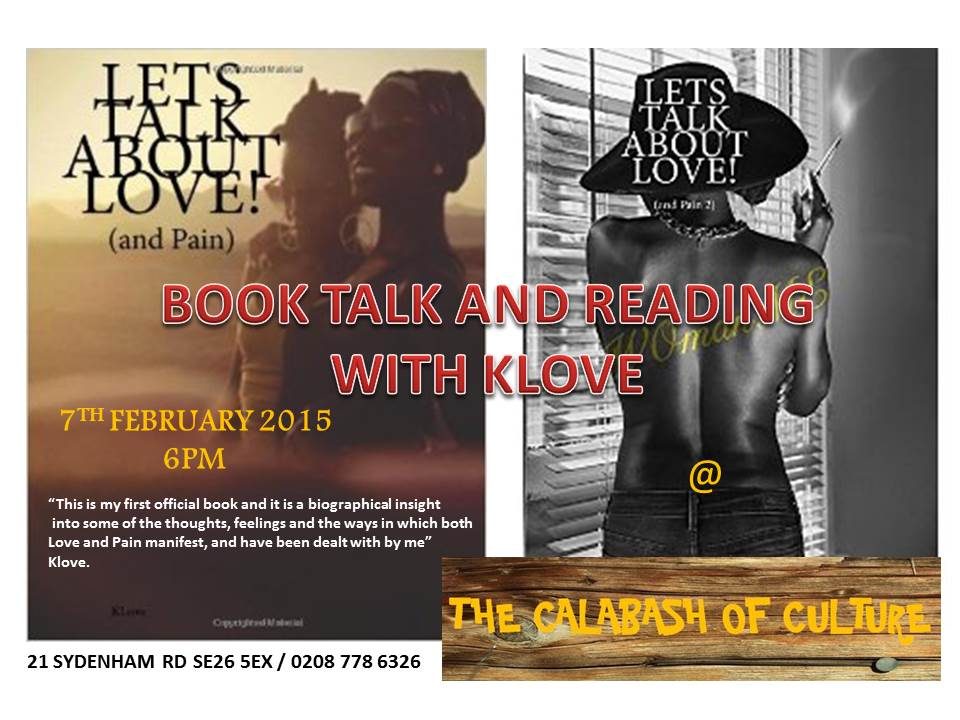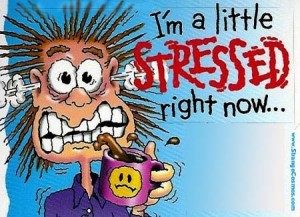Writing as Therapy
On Saturday 7th February, we attended an excellent and very moving book talk and reading by the author of Let’s Talk About Love (and pain). This was a very honest conversation with an extremely talented and fearless writer which really got us thinking about the effectiveness of writing as therapy.
Author, KLove, has written two books of poetry – Let’s Talk About Love (and pain) and Let’s Talk About Love (and pain 2). These are two books inspired by the author’s childhood challenges, battles with eating disorders and the difficulties of managing complex relationships. KLove describes not having an outlet to express her feelings and being quite insular and introverted meaning that she bottled every emotion and feeling up. Then she discovered writing. KLove described writing as her therapy, an excellent opportunity to explore her feelings without judgement and to personally address her past, present and future in a way that worked for her. Mainstream counselling proved to be unhelpful, but writing seemed to be the liberating, healing therapy that she needed.
This really got us thinking about writing as a way to heal our community. From our experience the African Caribbean community shies away from mainstream therapy which usually involves talk therapy and for more serious conditions drug treatment. We know that there are many people who are going through very difficult life challenges on their own. Our culture has conditioned us to almost ignore our problems and just soldier on, be tough and keep going. This means many people go through life with unresolved issues and not dealing with these issues is a problem that can have serious consequences on our mental health.

It’s important for the healing process to address the events that affect our emotions and not ignore them. This is particularly important when we encounter death, serious illnesses, heartbreak, abuse, job loss, etc. Dealing constructively with each problem we face strengthens us, heals us and teaches us. It releases us from the negativity and speeds up the healing process. Using writing to delve into some of the emotions we are experiencing can be an effective form of therapy helping us analyse a situation and come to terms with it.
Dr Adrian Furnham a professor of psychology at University College London has said the following about writing as therapy:
“Over the past few decades the therapeutic power of writing has been discovered. The task can require serious, introspection: an attempt to make sense of the past. To examine it from various angles rather than simply try to shift blame onto others. This is much more than simply trying to write pretty sentences. It is about singling out experiences, events and people that contributed to one’s life. Seeing cause and effect, understanding psychological processes can significantly increase self-understanding. Suddenly things become apparent: patterns observed, explanations obvious. Writing is also often redemptive. And it helps because nearly always it involves some commitment to change. Clearly writing does not work for all. But it’s amazingly cheap and effective”


An article, Emotional and physical health benefits of expressive writing written by Karen Baikie and Kay Wilhelm states that:
“Writing about traumatic, stressful or emotional events has been found to result in improvements in both physical and psychological health. In the expressive writing paradigm, participants are asked to write about such events for 15–20 minutes on 3–5 occasions. Those who do so generally have significantly better physical and psychological outcomes compared with those who write about neutral topics.”
The authors describe some of the theories as to why writing as therapy is effective: it is a process of emotional catharsis or venting of negative emotions; it allows people to acknowledge emotions that they are actively suppressing. Suppressing emotions requires effort and acknowledging these emotions reduces the physiological work of suppressing emotions and gradually lowers the overall stress of the body; writing allows a coherent narrative of an event to be developed. This means that over time people can logically process an event by organising and structuring the memory, how they feel about it and learn how to manage their feelings; and repeated exposure to the negative emotional experience, through writing, may slowly cause those negative emotions to diminish.
Writing can be a powerful form of therapy and is worth exploring if you need an outlet for the emotions that you may be experiencing either from the day-to-day challenges of life or more serious traumatic experiences. Try it and please do let us know what you think.
And, to find out more about KLove’s books you can visit Amazon









